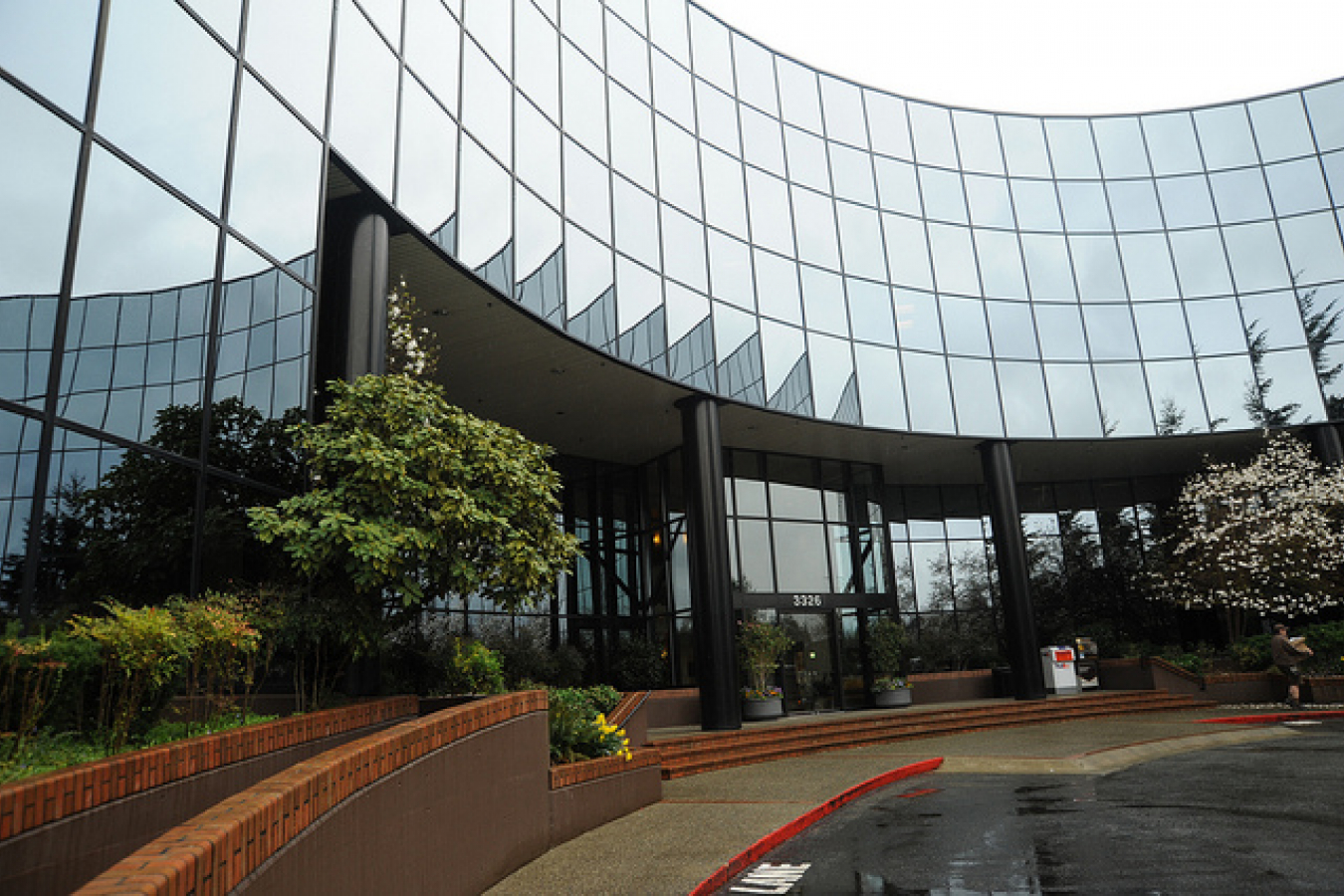The Indian outsourcing firm Infosys is being sued for discrimination in a US court. The case revolves around Infosys' use of H-1B 'specialty occupation' non-immigrant (temporary residence) visas. Infosys denies any wrongdoing.
The case was brought by Layla Bolten, a US national and an experienced IT professional with a degree in computer science. Ms Bolten was hired by Infosys in 2010 after President Obama's Patient Protection and Affordable Care Act (commonly known as 'Obamacare') was passed by Congress in 2010. She was employed to work as a tester on the new IT systems required for its implementation.
Discrimination
According to Computerworld magazine, Ms Bolten claims that, at her place of work, she was one of only three US citizens. All the other staff, she says were South Asians. She claims that she suffered discrimination; she was unable to understand conversations which were held in Hindi and she faced harassment because she was not an Indian.
Ms Bolten is one of four US citizens suing Infosys for 'discrimination by national origin.' They say that South Asians, specifically Indians were hired in preference to American workers. The court case is only in its infancy; however Infosys have made an application to have the case struck out on legal and technical grounds.
Ethnic background
Computerworld reports that data collated by the federal government shows that Infosys has 59 offices with 50 or more employees in the US. Workplaces with more than 50 employees are required to provide a breakdown of the ethnic background of all employees.
Of the 59 Infosys offices for which data is available, there were 21 workplaces (about 36%) where one hundred percent of employees were south Asian. At 53 of the 59 sites, it was found that at least 94.5% of employees were South Asian. The lowest proportion of Asians at any of the sites was 74%.
American unions claim that firms, particularly the large outsourcing firms, use H-1B visas to cut costs. They claim that H-1B workers are paid less than US workers who are priced out of jobs by South Asians who are prepared to work for less than the going rate.
The outsourcing companies deny this. They claim that it costs more to bring a worker from India than to employ an American. They say that the reason for employing foreign workers with H-1B visas is that there are not enough American workers with the right skills.
Reform
An immigration reform bill that has been passed by the Senate will, if it ever becomes law, will increase the number of H-1Bs available but will at the same time limit the number of H-1B staff that a particular firm can employ.
The Border Security, Economic Opportunity and Immigration Modernization Act was drafted by eight Senators early in 2013. The bill will reform many areas of the US immigration system.
If the bill becomes law it would make several changes to the H-1B system. It would increase the number of H-1B visas available from 65,000 to more than 180,000. But it would also introduce measures to limit the use of H-1B visas by 'H-1B dependent firms.' The bill will try and restrict foreign staff at any workplace with H-1B visas or L1-Intra Company transfer visas by bringing in the following measures;
- A firm with over 50 employees would pay a $5,000 (compared to $190 now) fee for each extra H-1B visa if its staff comprised between 30 and 50% workers with H-1B visas and L-1 visas.
- Firms with over 50 employees would pay a $10,000 fee for each extra H-1B visa if its staff comprised over 50% H-1B and L-1 visa holders.
- Firms with over 50 employees whose staff comprised 75% or more H-1B and L-1 visa holders would be barred from applying for any more H-1B visas at all.
This has become a bone of contention between the US and Indian governments. In March this year, the new Indian ambassador to the US, Subrahmanyam Jaishankar, said that, were the US to introduce the changes, then 'tomorrow if an American company comes and says, 'You know, we've got this set of problems,' the temptation for me is to say, 'I'm out for lunch.'
Fortunately for US-Indian relations, the current gridlock in the US Congress, with Republicans and Democrats unable to agree on anything at all, means that the Act is very unlikely to be passed by the House of Representatives, the lower House of Congress. It will probably not, therefore, become law.
Last year, Infosys settled an action brought by the US government for alleged abuse of the B1 visa. The US government alleged that Infosys staff were working in the US on B1 visa; in some circumstances this is actually allowed.
Infosys denied any wrongdoing but settled the case for $34m.




